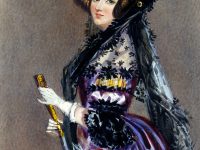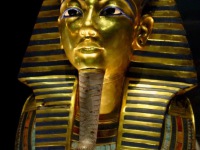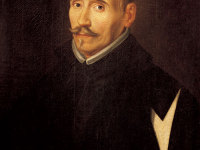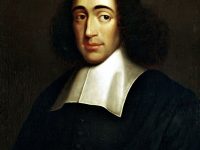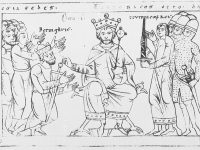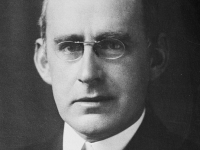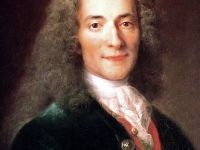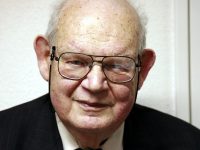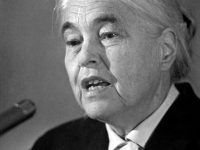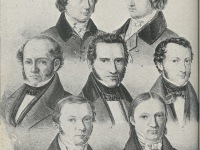A Computer can do More than just Mechanical Calculations – The Life of Ada Lovelace
On November 27, 1852, Augusta Ada King, Countess of Lovelace passed away. She is known as assistant to mathematician Charles Babbage, [1] inventor of the very first programmable (mechanical) computer, the analytical engine. Moreover, she is believed by some to be the first to recognise that the machine had applications beyond pure calculation, and to have published the first algorithm intended to be carried out by such a machine. Every student of computer science has most…
Read more











